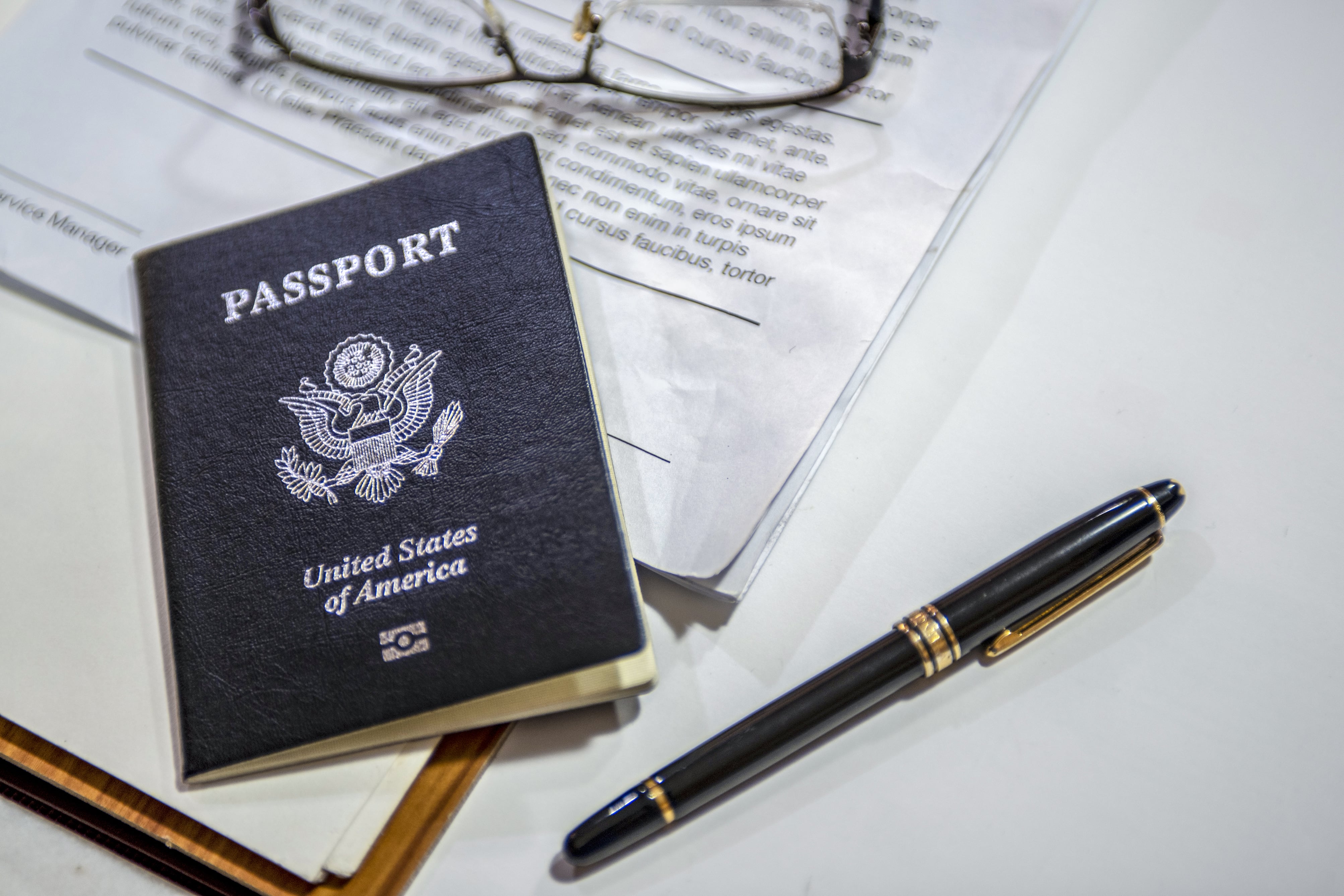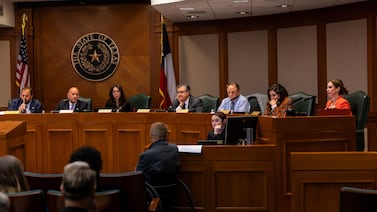Votebeat is a nonprofit news organization reporting on voting access and election administration across the U.S.
This news analysis was originally distributed in Votebeat’s free weekly newsletter. Sign up to get future editions, including the latest reporting from Votebeat bureaus and curated news from other publications, delivered to your inbox every Saturday.
For weeks, we’ve been telling you about the return of the SAVE Act, long-pending federal legislation that would require people to provide documented proof of U.S. citizenship before they could register to vote.
That Republican-backed bill passed the U.S. House this month, again, along mostly partisan lines.
The bill would create a new requirement for registering to vote for most Americans. But voting rights watchdogs and other opponents of the legislation are highlighting the potential impact on one group in particular: married women who have changed their names. And these concerns appear to be resonating.
“House Republicans just passed a bill that would disenfranchise 70 million married American women,” U.S. Rep. Alexandria Ocasio-Cortez, a New York Democrat, posted on social media, in one example. “Under the SAVE Act, women who took their spouse’s last name and don’t have an updated passport or birth certificate would be turned away at the polls.”
That’s a far-reaching claim that deserves a closer look.
What is the SAVE Act, and what would it require?
Right now, federal law requires everyone registering to vote to swear, under penalty of perjury, that they are a citizen. Voting by noncitizens is already illegal — punishable by severe criminal penalties, including prison time and loss of residency status — and experts say it’s rare.
Nevertheless, many Republicans and conservatives have argued both that any number of noncitizens casting ballots is too many, and that noncitizens could conceivably vote in large numbers, affecting the outcome of elections. And they’ve pushed for state and federal legislation to tighten access to the ballot through proof-of-citizenship requirements, among other measures.
The SAVE Act passed the U.S. House on April 10 with 220 votes in favor, including four Democrats, and 208 votes against. It faces a difficult path in the U.S. Senate. Minority Leader Chuck Schumer has vowed that Democrats will block it, and some Republican senators have said it has little chance of becoming law this session.
The bill would require anyone registering to vote to provide documented proof of citizenship. The text of the legislation mentions U.S. passports or a certified copy of a birth certificate as types of acceptable proof.
What’s behind the concern over married women?
Voting rights advocates point to research showing millions of Americans may not have easy access to such documentation, and say the requirement would potentially disenfranchise many eligible voters.
That includes some 70 million women, according to Ocasio-Cortez’s post. The numbers she cited, which are circulating widely, track with an analysis by the liberal Center for American Progress that relies partly on data from the nonpartisan Pew Research Center about the number of married women who have changed their names.
These women have a legal name that differs from the names on their birth certificates, the analysis notes. Voting rights advocates and others say married women, as well as other eligible voters who have changed their names legally, could struggle to provide documented proof of citizenship bearing their current legal names.
What do SAVE Act supporters say about this?
Supporters of the SAVE Act say those concerns are overblown.
In an op-ed published in the conservative online magazine the Federalist this week, U.S. Rep. Chip Roy, the Texas Republican who sponsored the legislation, said most people who have changed their name have updated passports or other documentation.
He also pointed to a provision in the bill that “explicitly directs states to establish a process allowing them to register to vote despite a name discrepancy.” That provision directs states to establish a process for applicants who cannot provide documented proof of citizenship to submit other evidence to support their eligibility, or sign an affidavit attesting to their citizenship status.
Proponents of the bill say the other evidence could include documents such as a marriage license or court decree documenting the name change, but opponents say it’s too vague.
In New Hampshire, where a new proof-of-citizenship requirement went into force earlier this year, voting rights watchdogs said some residents attempting to register to vote were stymied when they didn’t have documentation that matched their legal name. It’s unclear how many were affected.
This is an issue we’re continuing to track as more states debate measures to tighten voter registration, and we’re also inviting readers to share their views on the movement to require proof of citizenship for voting.
Carrie Levine is Votebeat’s interim editor-in-chief and is based in Washington, D.C. She edits and frequently writes Votebeat’s national newsletter. Contact Carrie at clevine@votebeat.org.






